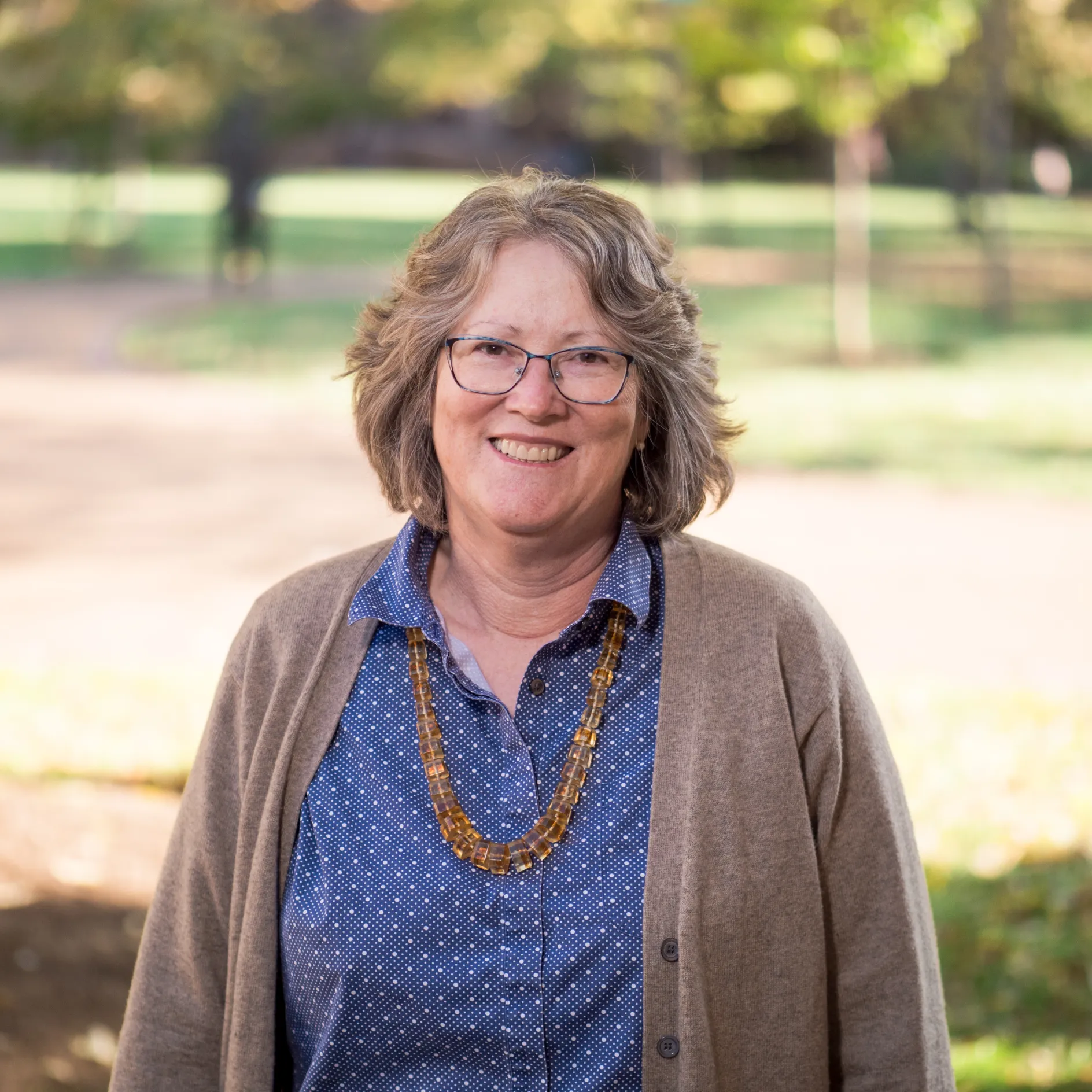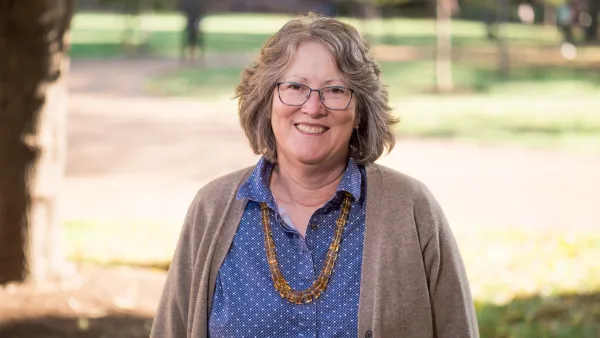Fiona Marshall’s research focuses on African archaeology, animal domestication, and pastoralism.
Her investigation of early food production, climatic shifts, and movement of early herders have positioned her as an international expert on human influences on African savannas and on animal domestication. She is currently conducting research on how animals with less social behavior on the wild--donkeys and cats—became domesticates. Long-term field work in Kenya has revealed that ancient mobile herders had positive influences on African savannas through creation of high nutrient settlement patches that persist to this day. Data on the role of milk and meat in Neolithic pastoral diets provide perspectives on lactase persistence. Dietary variability was a theme of Marshall’s ethnoarchaeological research among former Okiek hunters and honey collectors in Kenya. Long term collaborative research on the domestication of the donkey includes behavioral research on dibokali or E. africanus the wild ancestor of the donkey, ethnoarchaeological research on pastoral women’s donkey management, and morphometric and genetic components. Recent international research examines the role of donkeys in transport and sports in Tang China. Marshall’s projects and those of her graduate students contribute to understanding human-animal relations, interactions among ancient pastoral and hunter-gatherer societies, the history and resilience of livestock and herding ways of life, and the role of people in the long-term creation and maintenance of African landscapes.
Students have completed PhDs on; long term sustainable hunting and fishing among Holocene Kansyore communities in Uganda and the African Horn, faunal data (Mica Jones), obsidian quarrying in Kenya, ancient pastoral networks and food security (Steven Goldstein), isotopic and zooarchaeological evidence on urban herding in Iron Age Mali (Abigail Chipps Stone), the ethnoarchaeology and archaeology of the Afar Salt Route, Ethiopia (Helina Woldekiros), the use of ceramics by mobile herders, Samburu ethnoarchaeology (Katherine Grillo), and ancient Wankarani pastoralists of Bolivia (José Capriles).
Students at Washington University's zooarchaeological laboratory have worked on projects in the Horn of Africa, China, behavioral research at the St Louis Zoo, and experimental studies of factors affecting bone breakage and carnivore damage to bone. The zooarchaeology laboratory has worked closely with the palaeothnobotany laboratory, the Department of Art and Archaeology, the University's Tyson Research Center and the St. Louis Zoo.


